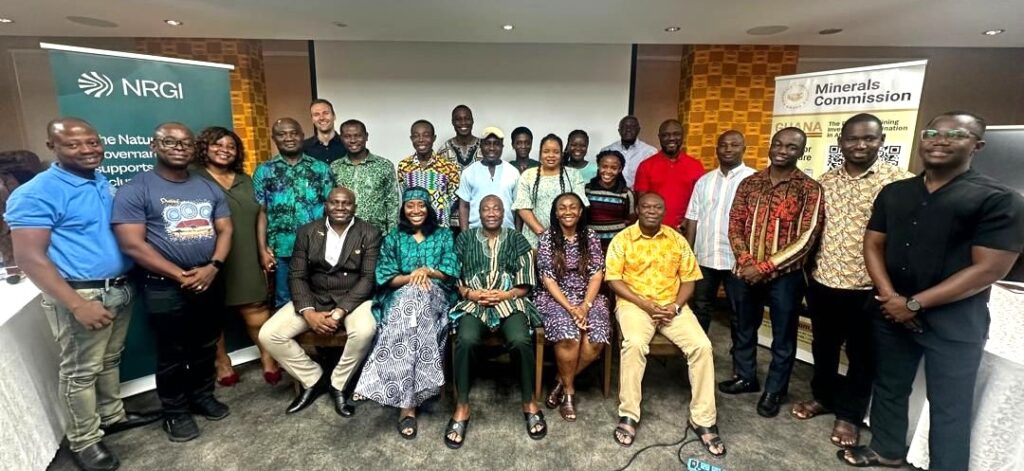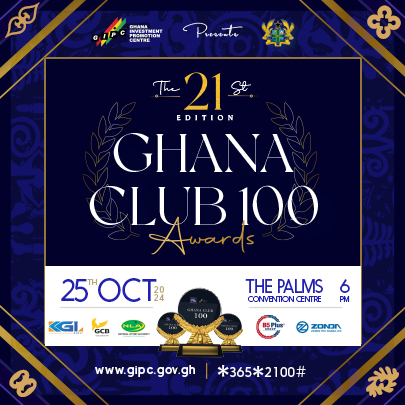CSOs urge Minerals Commission to promote women’s involvement in mining
Civil Society Organisations in the extractives sector and anti-graft space are pushing for increased women’s participation in Ghana’s mining sector.
A memorandum the CSOs submitted to the Minerals Commission as an input into the review of Ghana’s Minerals and Mining Policy, demanded the Commission to consider including a specific policy principle to promote and increase women participation in the sector.
The CSOs, about 15 in number, include the Natural Resource Governance Institute , NRGI, the Africa Centre for Energy Policy , ACEP, Institute for Energy Security , Ghana Integrity Initiative, A Rocha Ghana, Ghana Anti-Corruption Coalition and IMANI Centre for Policy and Education.
The CSOs further called for the strengthening of initiatives that ensures women have access to training, financial resources and safe working environment.
Madam Gloria Bentil Mensah with Women In Mining , a non governmental organisation justifies the call noting that it’s difficult for women, even within the agricultural sector let alone the mining sector.
According to her, a lot of research had revealed that access to land for women remained an issue, and “it’s one of the reasons why they tend to be vulnerable in the society so, now that we want to bring women on board to fully participate in the mining industry, we should look at how women could get concessions.
She argued that the revised policy would have to be clear on giving a certain quota, government could come up with land to be allocated to women.
“I think it can facilitate women’s access to concessions and to also participate fully in the mining industry and I know if women are given opportunities it will go a long way to improve on their living standards,” she noted.
Madam Mensah noted further that, “currently if we should pick data or statistics, yes, we’ll say we have women who are working within the artisanal mining area, but what kind of work are they doing? How many women own a concession in Ghana? And that is what we are looking at.
She maintained that it was crucial to incorporate the appropriate clauses now, during the draft process “because once the policy is adopted, it will be very difficult to make some of these changes. so, we think that as women in mining, right from the beginning of the review, the policy should look at increasing the participation of women , so that there will be accountability.”

Africa Director at NRGI, Ms Nafi Chinery emphasised the need for the revised policy to give a louder voice to women in the extractive space.
She stressed the need to get away from “our attitude towards women participation and representation in important discussions as mining or extractives. That whenever we talk about representation and participation, voice, recognition and benefits, we are always thinking about cleaners, the carers are women. No, we have women experts who can influence how policies and decisions are made and that is what we are talking about; we need women to be in the boardroom, which requires that we do a better analysis of the situation of women and what actually are the barriers preventing women from being in those positions and address them.”
According to Ms Chinery, if it required quotas to ensure that women are in the decision making spaces, “we do that. So we should have a clear policy and strategy around how we can increase women’s participation and benefits in the green mineral sector in this revised policy so that we can all hold, monitor and hold not just governments but also investors to account.”


